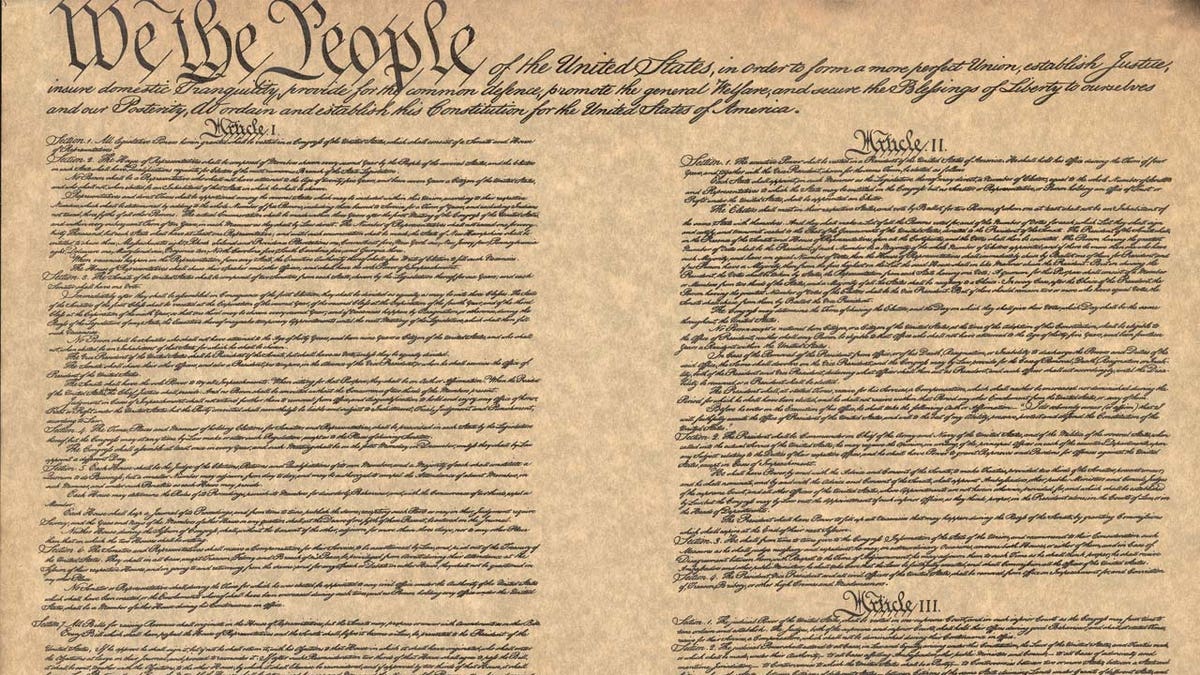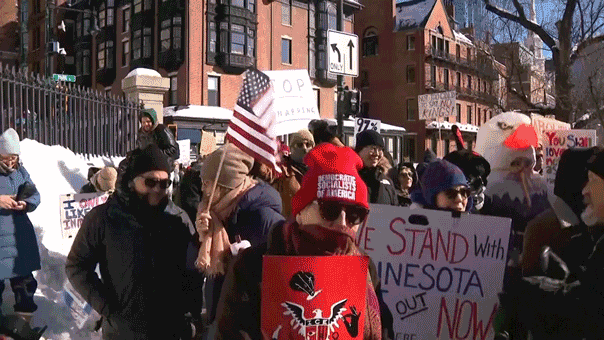Trump pleads the fifth in New York civil deposition
Fox News' David Lee Miller reports on why the former president declined to answer the New York attorney general's questions on his business dealings.
The Fifth Amendment is one of the 10 articles in the Bill of Rights that was ratified in 1791. The rights guaranteed in the amendment apply to every U.S. citizen or resident and are further protected in the due process clause of the Fourteenth Amendment, according to the Supreme Court.
The Fifth Amendment was one of the several constitutional drafted and proposed by James Madison to the House of Representatives on June 8, 1789. The amendment was ratified by all the U.S. states on December 15, 1791, and included all the original five clauses in the final draft of the amendment. The five clauses include the Due Process Clause, Takings Clause, Self Incrimination Clause, Double Jeopardy Clause, and the Grand Jury Clause.
SUPREME COURT DISREGARDS 'SEPARATION OF CHURCH AND STATE' IN FOOTBALL COACH PRAYER CASE: JUSTICE SOTOMAYOR
What is written in the Fifth Amendment?
The ratified final version of the Fifth Amendment states, "No person shall be held to answer for a capital, or otherwise infamous crime, unless on a presentment or indictment of a Grand Jury, except in cases arising in the land or naval forces, or in the Militia, when in actual service in time of War or public danger; nor shall any person be subject for the same offense to be twice put in jeopardy of life or limb; nor shall be compelled in any criminal case to be a witness against himself, nor be deprived of life, liberty, or property, without due process of law; nor shall private property be taken for public use, without just compensation."
What rights does it protect?

The Fifth Amendment gives U.S. citizens the right to not self-incriminate. (Fotosearch/Getty Images)
There are five essential rights under the Fifth Amendment. First, it protects individuals from double jeopardy, which refers to the process of being prosecuted for the same offense twice. The Fifth also guarantees citizens the right to a free and fair trial if they are lawfully accused of a crime or offense.
Moreover, the amendment prohibits the U.S. government from unreasonably seizing the property of an individual for public use without giving proper restitution or compensation. Citizens are also afforded the right to not self-incriminate, which can take many forms, including refusing to answer questions from law enforcement or testing against yourself during a trial.
HIGH SCHOOL FOOTBALL COACH SCORES BIG WIN AT SUPREME COURT OVER POST-GAME PRAYER
Finally, if an individual is being charged with a felony, then they can only be indicted by a Grand Jury. These rights initially only applied on the federal level but were ratified across all states after the passage of the Fourteenth Amendment.
What are the limitations?
The Fifth Amendment right to avoid self-incrimination can not be used by prosecutors to point toward guilt. However, clear limitations exist for this right that has been established by the Supreme Court. The privilege only extends to communicative testimony or evidence but not physical evidence such as DNA or fingerprints. Moreover, voluntary statements of guilt are not protected.










































